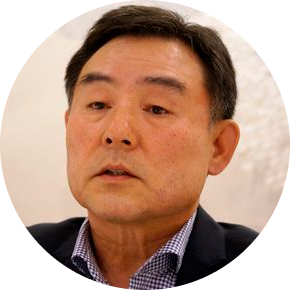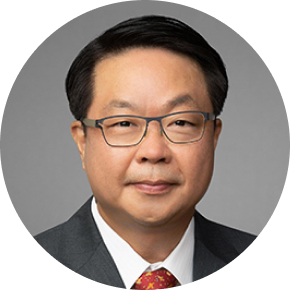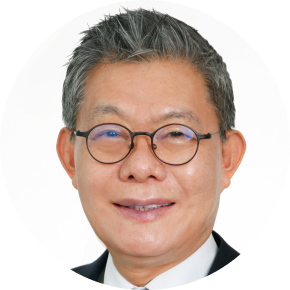The 2045 Fellowship is a six-month program that kicks off with a group orientation in February.
The program is designed to encourage participants to think critically about social issues.
Introduction to the 2045 Fellowship, its founding premise, and a structured guide for a successful fellowship experience.
Lecture topics include international politics, leadership, ESG, and educational issues. In-depth discussions with expert speakers.
The team will visit a country related to their chosen issue for a 5-day, 4-night overseas study trip. (*The trip schedule will be set according to the availability of the team members and mentors. In cases where some participants are unable to attend, the schedule will prioritize times when the majority can participate.)
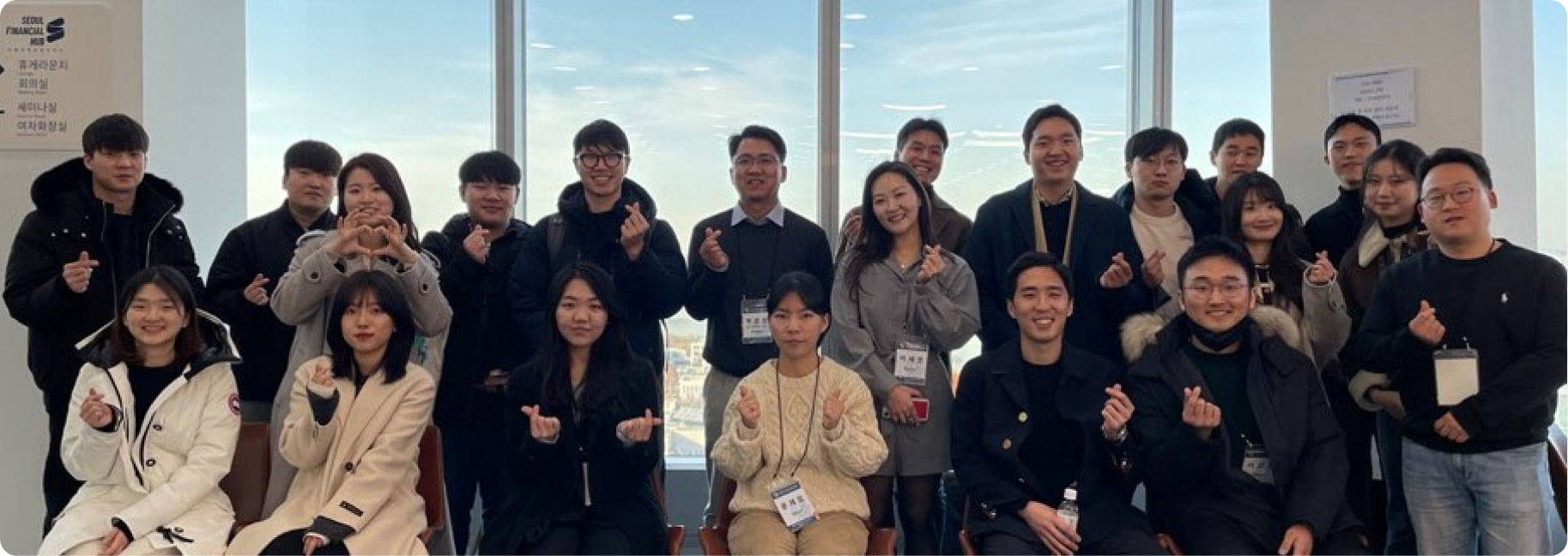
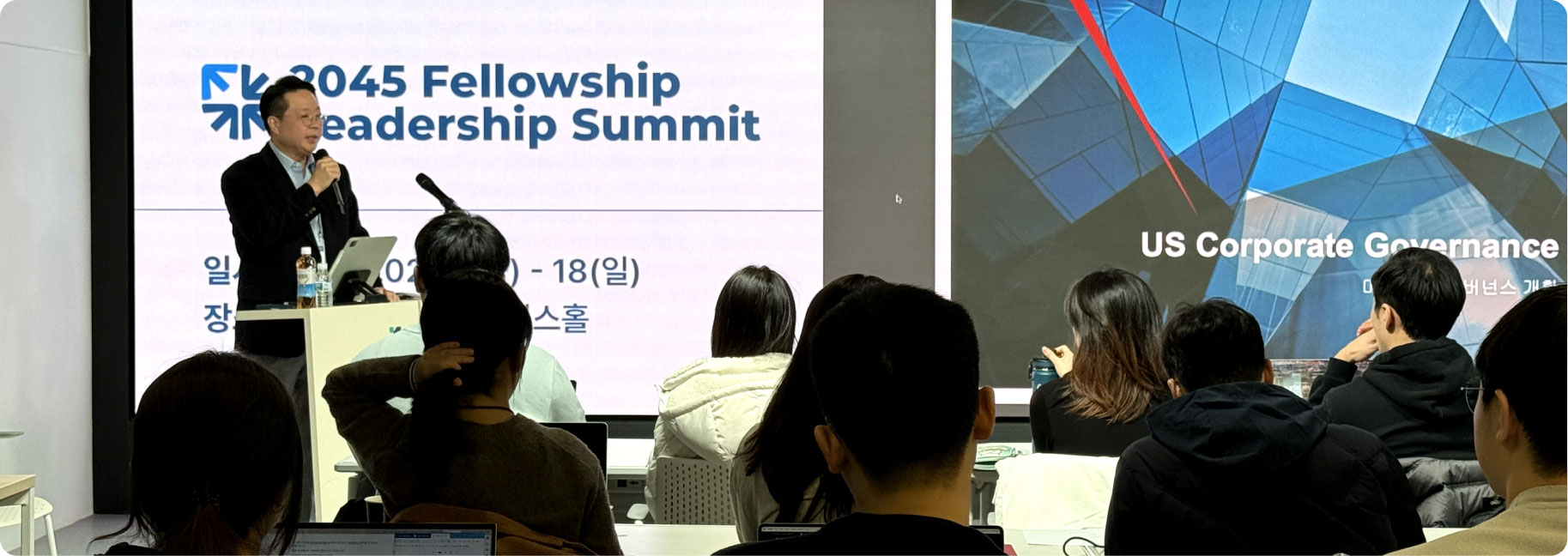
Ethics
AI Ethics and Art
Politics
Approach to Korean Unification in the Era of Complex Crises
Economic
The Economy: A Predetermined Future if Things Continue This Way
Economic
Corporate Governance
U.S.-China Relations and the Future of Korea
Global Society at a Turning Point: The Role of Future Generations
ESG Initiatives and the Role of Government
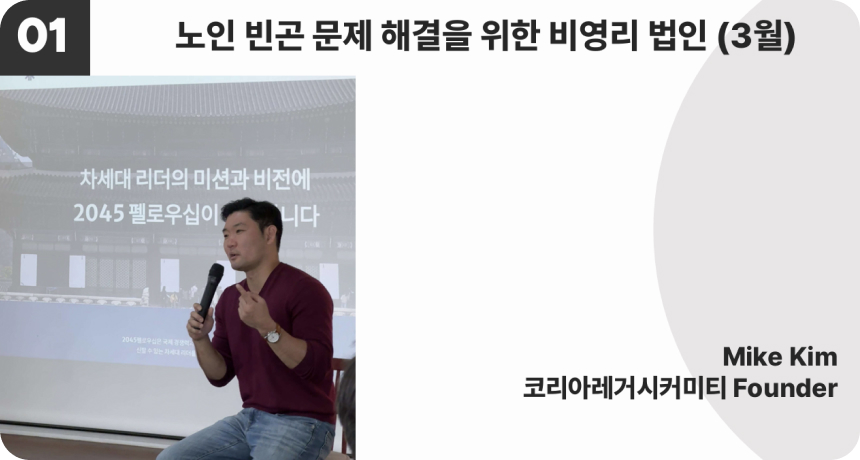
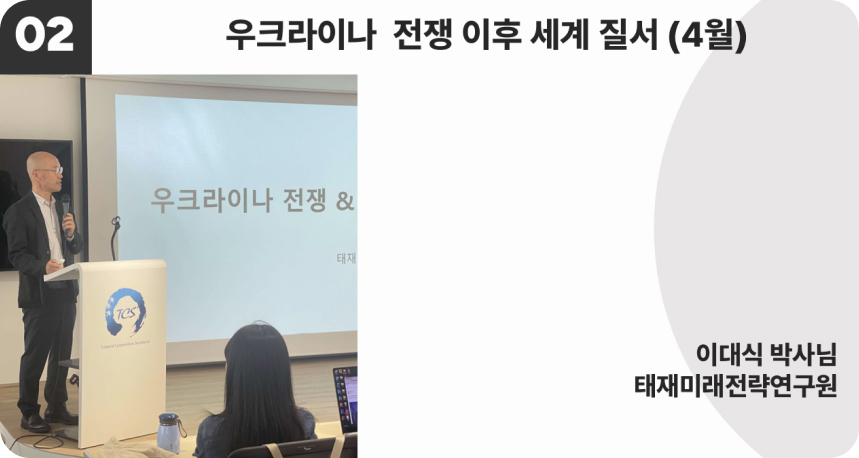
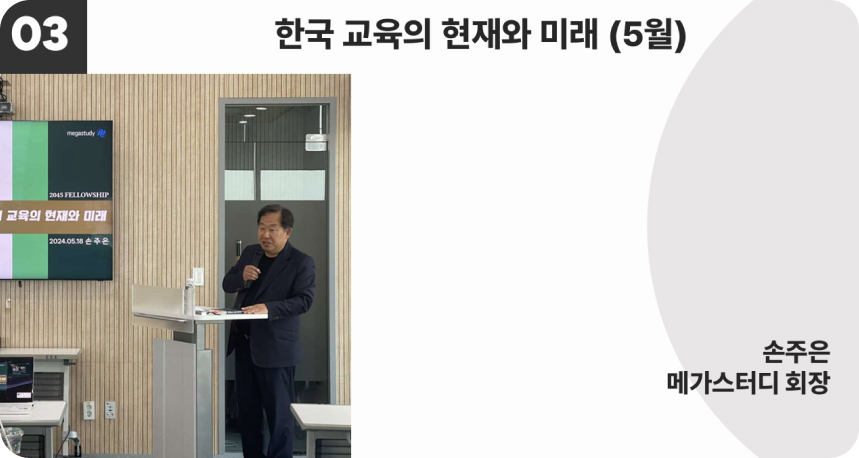
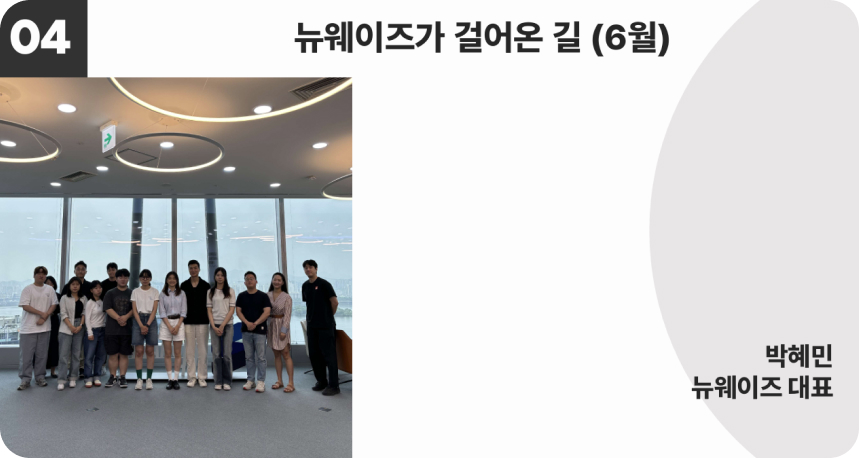
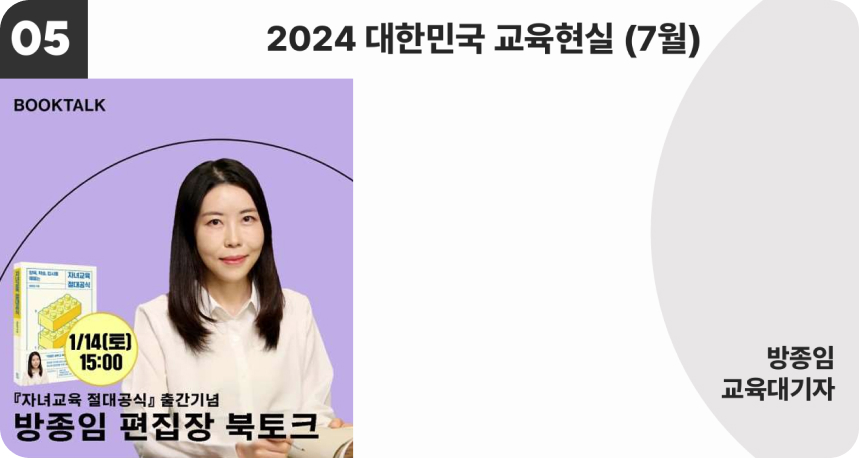
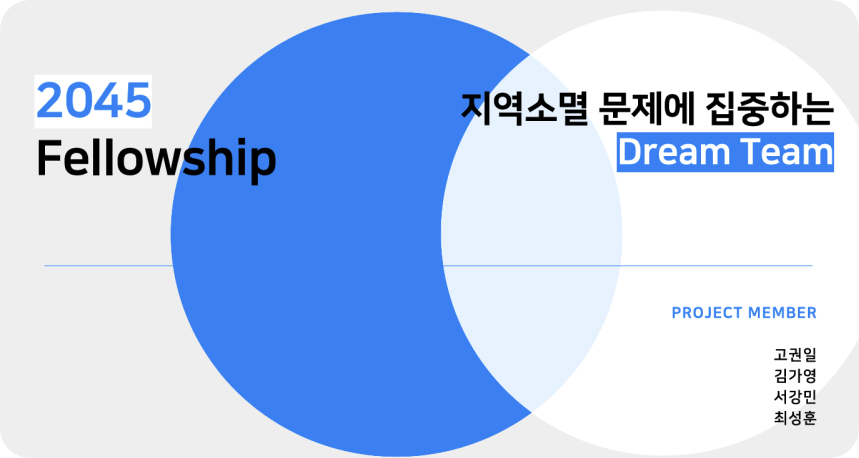
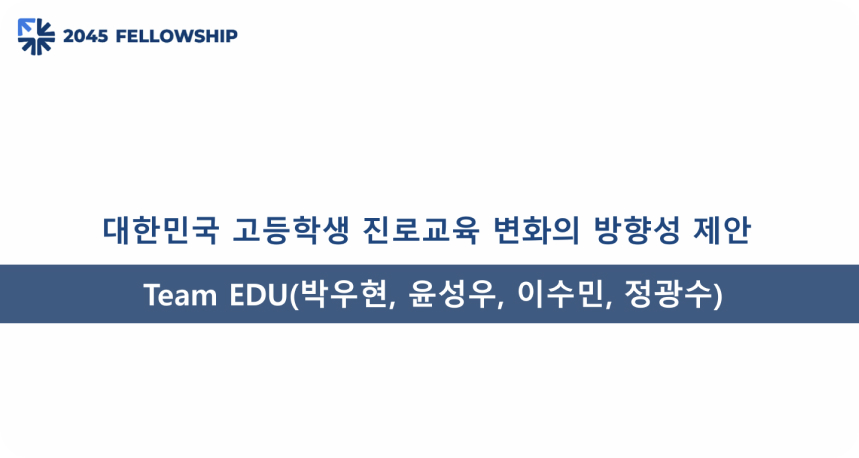

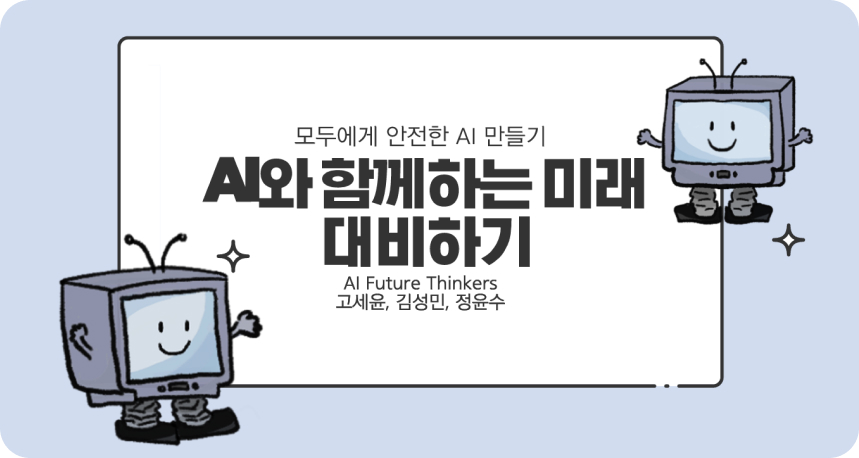

The team will visit a country related to their chosen issue for a 5-day, 4-night overseas study trip.

단체명: 사단법인 2045펠로우십 (749-82-00552)
법인 번호: 180121-0031789
대표자: 박준성
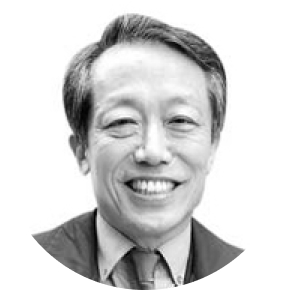
Won-su Kim leads global cooperation and governance research as Chairman of the International Advisory Board at the Taizae Future Strategy Institute after more than 40 years of public service, both domestically and internationally. He is also involved in research and practical activities related to new human civilization discourse as Director of the Future Civilization Institute at Kyung Hee University. Kim served as a Korean diplomat for 30 years and as an international civil servant for over 10 years. As a Korean diplomat, he held roles such as Presidential Secretary for International Security and Foreign Affairs and Trade, and served as Director-General for Policy Planning and Ambassador for Regional Cooperation at the Ministry of Foreign Affairs. He successfully led Ban Ki-moon’s campaign for UN Secretary-General during Ban’s tenure as Foreign Minister. Following this, Kim held various senior positions at the United Nations, including Representative of the Secretary-General’s Transition Team, Assistant Secretary-General and Deputy Chief of Staff to the Secretary-General, High-level Coordinator for UN system-wide responses, and Under-Secretary-General and High Representative for Disarmament. Kim studied at Seoul National University (Bachelor of Law), earned a master’s degree from the Johns Hopkins School of Advanced International Studies, and completed further studies at Stanford Law School (master’s and Ph.D. candidate). He was a visiting scholar at Stanford’s Center for International Security and Asia-Pacific Research. Kim is also a distinguished professor at Yonsei University, Incheon University, and Kyung Hee University, and continues to provide advisory services to international organizations, including serving on the Wise Persons Group of the Comprehensive Nuclear-Test-Ban Treaty Organization (CTBTO) in Vienna and as a board member of the Ban Ki-moon Centre for Global Citizens.


